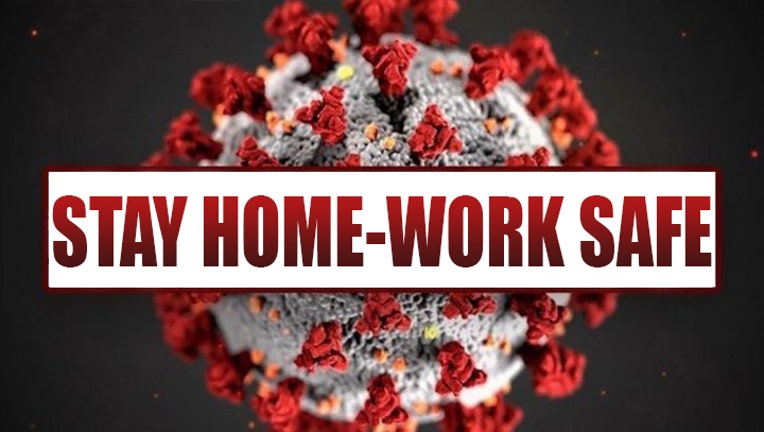'Stay Home-Work Safe' order for Harris County extended through April 30, amended to allow religious services

The Harris County Stay Home, Work Safe order signed on March 24 has been amended and extended.
The amended order takes effect at 12 a.m. on April 4 and will continue through 11:59 p.m. on April 30, or until it is either rescinded, superseded, or amended.
Religious Services
Faith leaders who provide religious and worship services by video and teleconference enable Harris County to greatly limit the spread of COVID-19 and the exponential growth of cases. Faith leaders may minister and counsel in individual settings, so long as social distancing protocols are followed.
If religious services cannot be conducted from home or through remote services, then religious services may be conducted in churches, congregations, and houses of worship. Such services should be conducted consistent with White House and CDC guidelines by practicing good hygiene, environmental cleanliness, sanitation, and implementing social distancing. Faith leaders should consult the Texas Attorney General's guidance on this topic here:
Critical Infrastructure
Work necessary to the operations and maintenance of the 16 critical infrastructure sectors identified by the U.S. Department of Homeland Security National Cybersecurity and Infrastructure Security Agency (CISA), Version 2.0, as well as Texas Division of Emergency Management's (TDEM) online list of additional essential services as they are approved by TDEM (www.tdem.texas.gov/essentialservices), provided that they carry out those services or that work in compliance with social distancing requirements of six feet to the extent possible.
Essential Businesses providing essential infrastructure should implement screening precautions to protect employees and all activities shall be performed in compliance with social distancing guidelines.
Retail
Businesses that provide and support for food and agriculture, as well as businesses that supply products needed for people to work from home, are essential.
This includes food producers and service providers, including grocery stores, warehouse stores, furniture suppliers, big box stores, bodegas, liquor stores, gas stations and convenience stores, farmers' markets that sell food products and household staples; food cultivation, including farming, ranching, fishing, and livestock; food production, including the production of canned goods, bottled beverages, and other grocery items; businesses that ship or deliver groceries, food, goods or services directly to residences; restaurants and other facilities that prepare and serve food, but only for delivery, drive-thru, or carry-out; schools and other entities that typically provide free services to students or members of the public on a pick-up and take-away basis only.
The restriction of delivery or carry-out does not apply to cafes and restaurants located within hospital and medical facilities.
Laundromats, dry cleaners, and laundry service providers, gas stations, auto supply, auto and bicycle repair, hardware stores, and related facilities are also considered essential.
Transportation
Businesses related to the operation, maintenance, construction, and manufacture of transportation services are essential.
This includes vehicle manufacturers, automotive suppliers and parts departments, car dealerships in order to provide support of personal and commercial transportation services, parts distributors, maintenance and repair facilities; public transportation; businesses supporting airport operations; street and highway maintenance and construction; gas stations and other fuel distribution businesses; vehicles for hire, including public transportation services, Uber, Lyft, and taxicabs, that enable persons to travel to or from employers, service providers, or businesses.
People riding on public transit must comply with the six-foot social distancing requirements to the greatest extent feasible.
All other terms of the March 24 Order remain in full force and effect.

